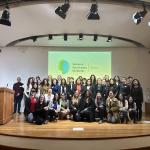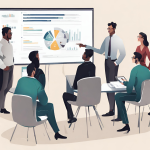From CBS MoneyWatch.com
The Kids Who Could Save Social Security
By Eric Schurenberg
As USA Today informs us this morning, no one believes in Social Security any more. More than half of retirees think their benefits will be cut sooner or later and three-quarters of adults under 34 don’t think they will ever collect a penny from the program.
... Social Security needs some fiscal help. One way to look at it: It’s a retirement savings plan in which you deposit not money, but children who grow up to pay Social Security taxes. Problem is, the baby boomers didn’t deposit enough kids into the system. According to Social Security’s trustees, a combination of benefit cuts and tax hikes of about 25% is necessary to bring things back into balance. The only way to make that reckoning less painful is to conjure up more workers or to make the existing ones more productive, so they earn more taxable wages.Turns out, there is a way to accomplish both goals: Open the gates to immigration, particularly of highly educated workers (many of them getting educated right now at U.S. universities)....
Rather than welcoming highly skilled immigrants, however, U.S. policy since September 2001 has done all it could to keep them out. In 2004, Congress allowed the number of H1-B visas-the special permits for high-skilled workers-to drop from 115,000 per year to 65,000. That’s turning our back on 50,000 potential scientists, engineers and physicians a year.
“There’s no question in my mind that over the past decade the U.S. has become a less attractive place for highly educated immigrants,” emails AnnaLee Saxenian, dean of the School of Information at Berkeley and an expert on Silicon Valley. “After World War II, the U.S. was seen by foreign-born scientist and engineers as not only one of the most technologically advanced nations but also the most open and immigrant-friendly place in the world. Today, we have squandered that advantage by creating bureaucratic hurdles that make it impossible to get visas in a timely fashion, and also by creating in the post 9/11 world an environment of hostility towards outsiders.”









